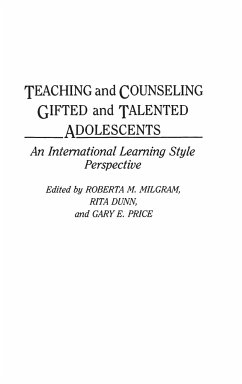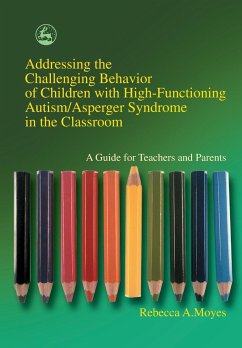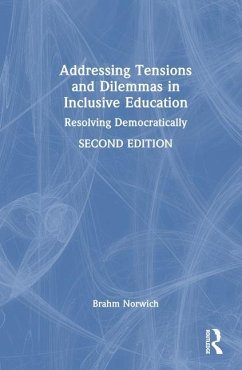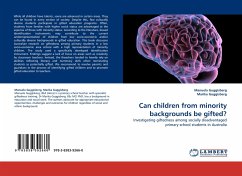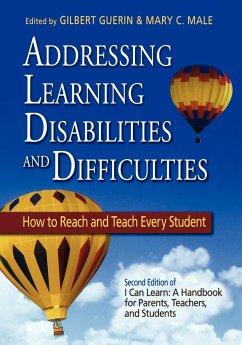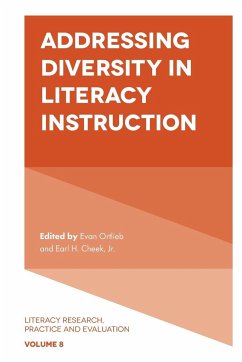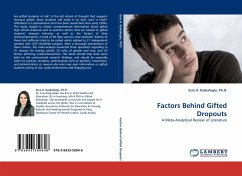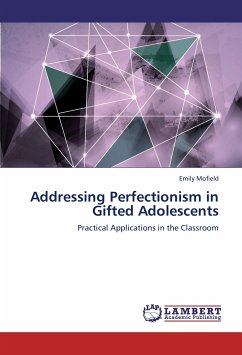
Addressing Perfectionism in Gifted Adolescents
Practical Applications in the Classroom
Versandkostenfrei!
Versandfertig in 6-10 Tagen
45,99 €
inkl. MwSt.

PAYBACK Punkte
23 °P sammeln!
Gifted students may often perceive that they are valued for what they do rather than who they are. Performance expectations of the gifted can lead to the manifestation of perfectionism, yet the social/emotional needs of gifted students are often ignored within gifted programs. Characteristics of giftedness including emotional sensitivity and intensity may magnify perfectionism within gifted students. The book presents insight to teachers of gifted classrooms on how to address perfectionism as a primary intervention. A series of lessons and techniques are described. Findings support the importa...
Gifted students may often perceive that they are valued for what they do rather than who they are. Performance expectations of the gifted can lead to the manifestation of perfectionism, yet the social/emotional needs of gifted students are often ignored within gifted programs. Characteristics of giftedness including emotional sensitivity and intensity may magnify perfectionism within gifted students. The book presents insight to teachers of gifted classrooms on how to address perfectionism as a primary intervention. A series of lessons and techniques are described. Findings support the importance of addressing gifted students emotional needs to propel them to achieve, not out of a fear of failing, but out of the love of learning.







